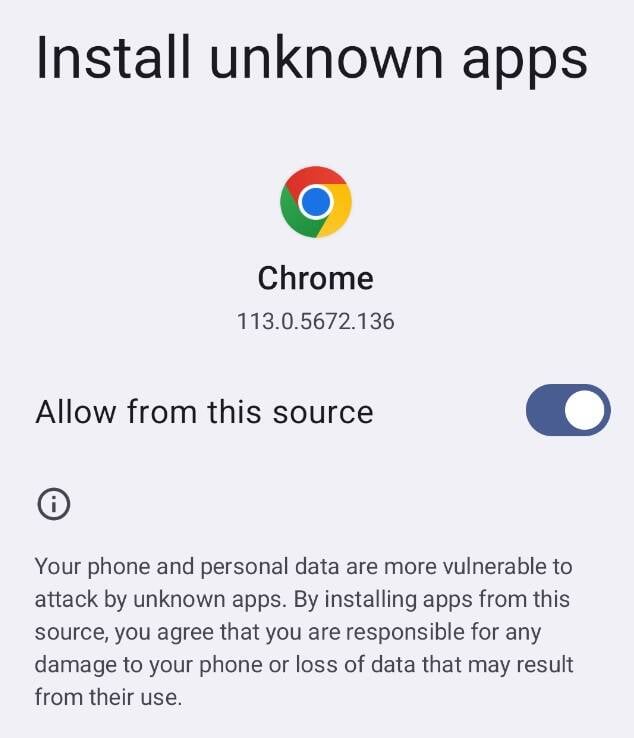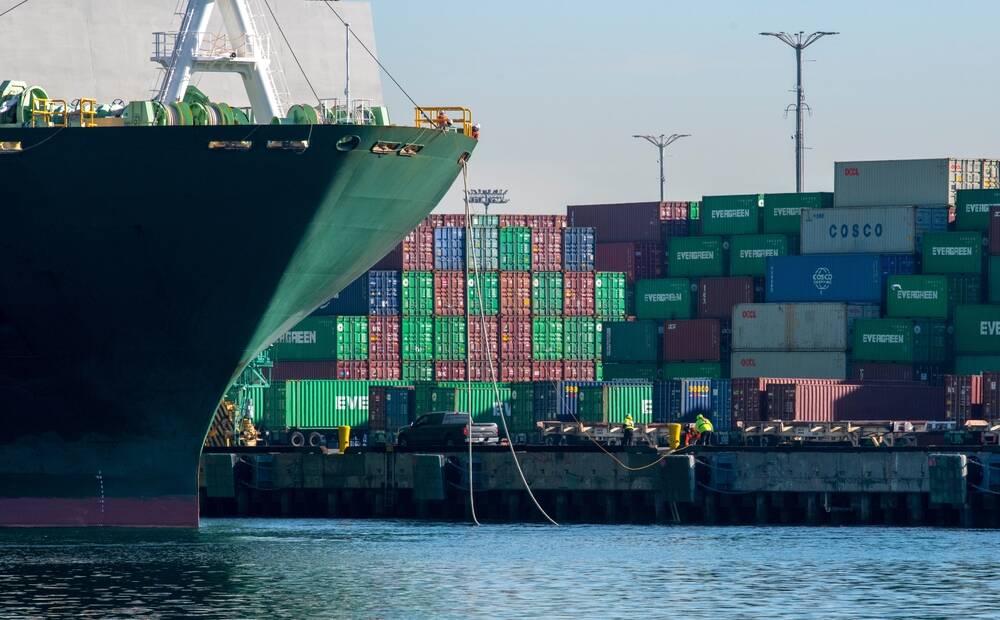Google will extend developer verification to all Android apps, not just those installed from the Play Store, beginning with Brazil, Indonesia, Singapore, and Thailand in September 2026, and followed by global rollout in 2027 and beyond.
Currently, developer verification is already required for the Play Store but not for apps installed from other sources. Today, developers do not need to register with Google to deploy an Android app.
That is changing. Developers will now need an Android Developer Console account, which like a Play Store account requires a one-time $25.00 fee, linked to a Google payment profile.
Accounts can be either personal or organizational, both of which require the submission of government-issued identity documents and verified phone numbers. Organizations must also submit business registration documents and have a verified website. Finally, each app package name must be registered with Google with a public key certificate from the app signing pair, verified by uploading a package signed with the private key, to link it to the verified developer, though it is not necessary to upload the actual Android Package Kit (APK) that will be distributed.
This information is subject to change, being based on a preview document [PDF] explaining the process. The company also said that there will be a less burdensome process, without a fee, for “students and hobbyists,” but details have yet to be revealed. Existing developers registered to use the Play Store will not need a separate account as they are already verified.

Android today allows installation of unknown apps subject to a warning
The restrictions will apply to certified Android devices, meaning Google-approved and including the core Google apps and services. Most Android devices fall into this category, though niche options exist, such as mobiles running /e/OS, a de-Googled version of Android, or the open source LineageOS. The downside of using non-Google Android from a consumer perspective is that some apps might not install, such as those that use the Play Integrity API to verify that the app is “installed by Google Play, running on a genuine Android device.”
Examples of apps that might not run on /e/OS or LineageOS Android devices include Meta’s WhatsApp and the Revolut banking app, and users have no control over whether other official apps might refuse to run. Friction like this makes it unlikely that fully open source Android devices will ever be mainstream, despite the existence of the Android Open Source Project (AOSP).
According to Google, the changes are necessary for security. Product VP Suzanne Fey said that a recent analysis found over 50 times more malware from “internet-sideloaded sources” than on apps in Google Play.
Fey said Android remains an open system despite the new process and “developers will have the same freedom to distribute their apps directly to users through sideloading or to use any app store they prefer.”
Developers disagree. “I can install an app onto a Windows computer from any source without verification by Microsoft. An Android device is a computer, like any other computer. It doesn’t have to be this way. It’s this way because a giant corporation controls it and decides they want this,” one Reddit user wrote.
Another dev who has built an Android app to be sideloaded told The Reg that Google’s actions “really bother me.” He added: “Google is making it harder and harder to build apps. Every year they do something to make it harder to do Chrome extensions, Docs add-ons, etc – every single thing that runs in something of theirs gets more difficult to distribute.
“For example, it used to be the case that if you were just creating a Chrome extension for yourself and a few colleagues, you could easily submit it to the Chrome store as unlisted. But now, even private or unlisted Chrome extensions have to go through verification which takes days, and even if you’ve changed one line of code can be arbitrarily rejected. And you need to have a website with a privacy policy and a support page for anything you create, even if it’s only for yourself and two other people.”
The announced changes will make Android more similar to Apple’s iOS, in terms of how easy it is to install apps from any source. ®
Source link


